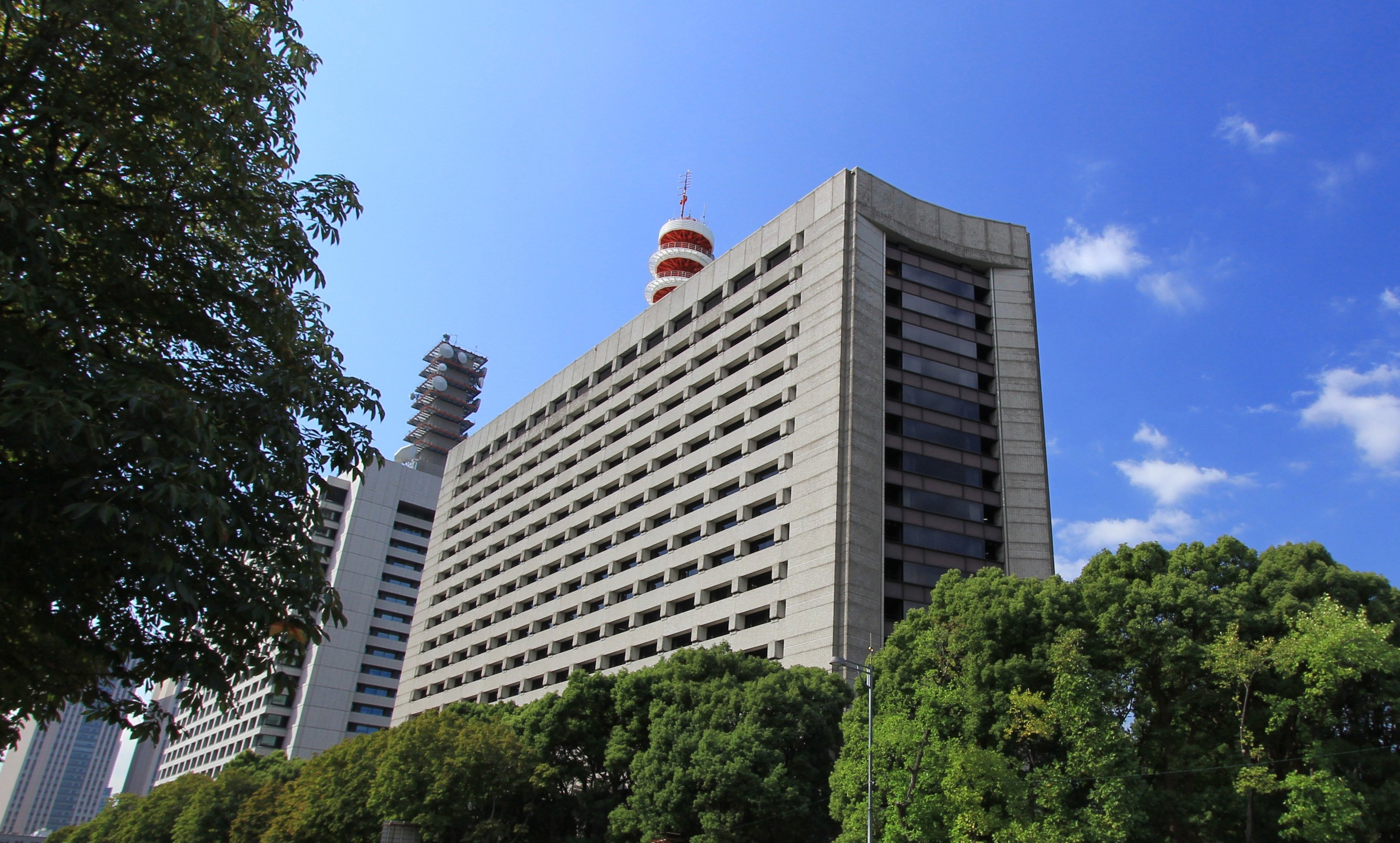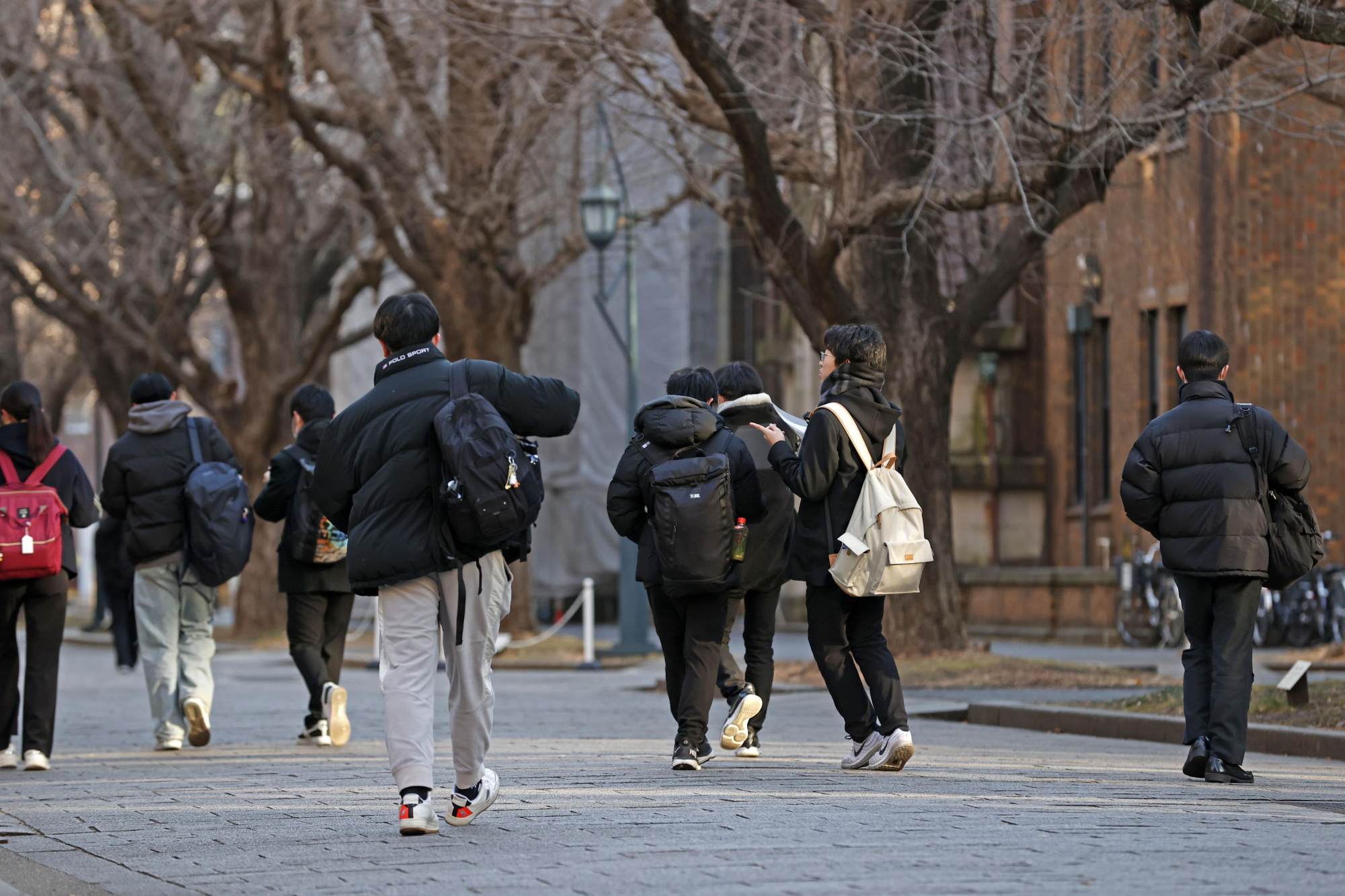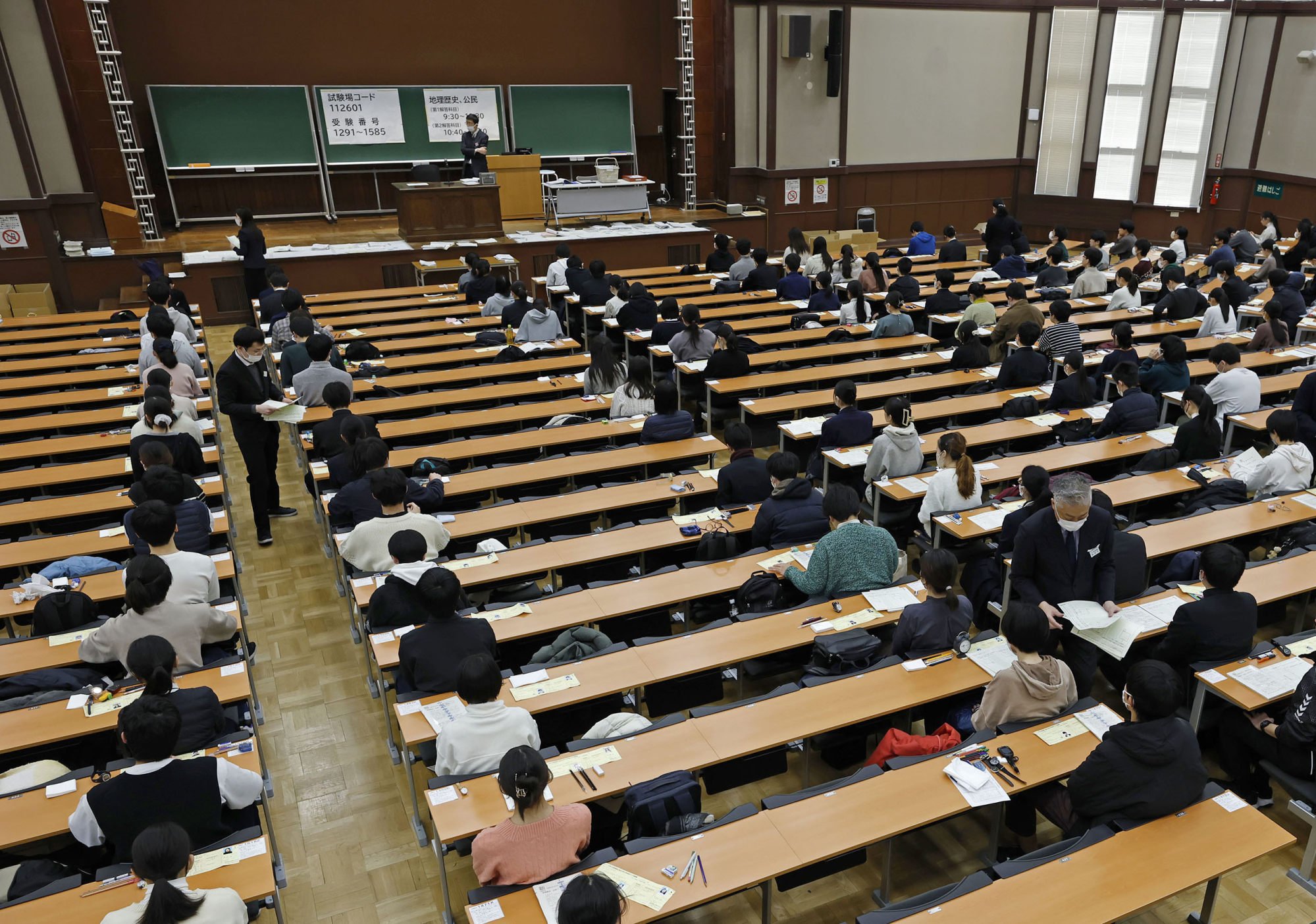Chinese student charged in Japan with English test cheating multiple times
Police accuse Wang Likun, 27, of posing as other students and using miniature microphones and smart glasses to feed answers to test-takers

A Chinese student at one of Japan’s top universities has been charged for the third time with helping others cheat in English proficiency tests, a case that observers say may be part of a broader and more sophisticated cheating network involving overseas university admissions.
Wang Likun, a 27-year-old studying artificial intelligence at Kyoto University, was first arrested in May when he attempted to enter a TOEIC (Test of English for International Communication) venue while impersonating another candidate.
Police reportedly found a miniature microphone hidden in his face mask and smart glasses connected to a mobile phone, which they suspect he intended to use to feed answers to test-takers equipped with wireless earpieces.
Wang was arrested again on Monday on suspicion of using forged identification to pose as another person at a different exam venue. Police had already linked him to a TOEIC test taken under a pseudonym in March, where he scored 945 out of a possible 990 points, according to the Mainichi newspaper.
The Institute for International Business Communication, which administers the TOEIC exam in Japan, had earlier reported a suspicious surge in high scores among Chinese test-takers and received complaints of some candidates “murmuring in Chinese” during the exam.
After being arrested, Wang reportedly told police that he had been looking for a part-time job and received an online message in Chinese saying he would be paid for taking exams for other people and also for communicating with other test-takers at the same time.

A Japanese academic said there had been a sharp increase in Chinese attending Japanese universities in the last couple of years, but noted a discrepancy between some students’ TOEIC scores and their performance in classes.
“Some of these scores, I would say, are quite dubious, although it is not only Chinese students with high scores but also some from Southeast Asian nations,” said the academic, who asked not to be named.
“There is a high – and growing – percentage of Chinese at my university and I understand that for many of them, the motivation is to get out of China,” she said. “These are the sons and daughters of wealthy Chinese who want them to get an international education, but they might not be able to get a place at a US or European university.”
Japanese universities are easier to enter but also significantly less expensive than elsewhere, including the top Chinese schools, according to the academic, while it has also become more challenging in recent years for graduates in China to find a good job.
Makoto Watanabe, a professor of communications and media at Hokkaido Bunkyo University in Eniwa, agreed that a degree from a foreign university would help “upgrade” a Chinese person’s career opportunities and social standing.
“Chinese students started coming to Japanese universities in the 1980s, but they later began to go further afield, with a place at a US university seen as the ultimate achievement,” he said.
According to Watanabe, those applying to Japanese universities more recently fall into two categories: students whose English scores are not good enough to get into a US or European university, and those who find Japanese culture appealing and want to study and live in Japan.
“I think we might also see a change in Chinese going abroad to study. There is a lot of insecurity around the world at the moment, with the war continuing in the Ukraine and problems in the Middle East, while the crackdown by the US administration on foreign students mean that they could be forced to leave at any time and without completing their studies,” Watanabe said.
“It would not surprise me at all to see more Chinese students coming to Japan again.”

Watanabe admitted, however, that growing demand would also mean more students needing to pass the TOEIC exam.
“I do not believe that Japan is lax when it comes to exams as there are always proctors, but a lot of venues are very large and it can be difficult to monitor all the students all the time,” he said.
“Also, it appears that the cheats are using advanced technology now, and it can be difficult to check that everyone is following the rules,” he said. “But now this case has come to light, I think schools will know what to look out for, how these people cheat, and they can be better prepared to stop them.”
The cheats appear to be organised, however, and it may be difficult to weed out every bad actor.
In early June, Tokyo police confirmed that 70 Chinese nationals had all given the same residential address when they registered to take a TOEIC exam, ensuring they would all be assigned the same test location. Investigators believe the Chinese students were given instructions and issued with earpieces before going to the test centre by an underground agency helping individuals cheat.
Questioned by police, a number of people admitted they were planning to cheat in the exam, with one saying they had paid 50,000 yen (US$347) to an agency for assistance.